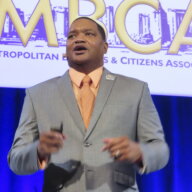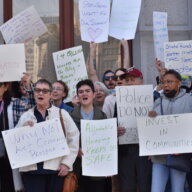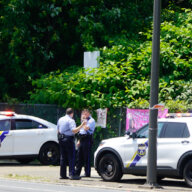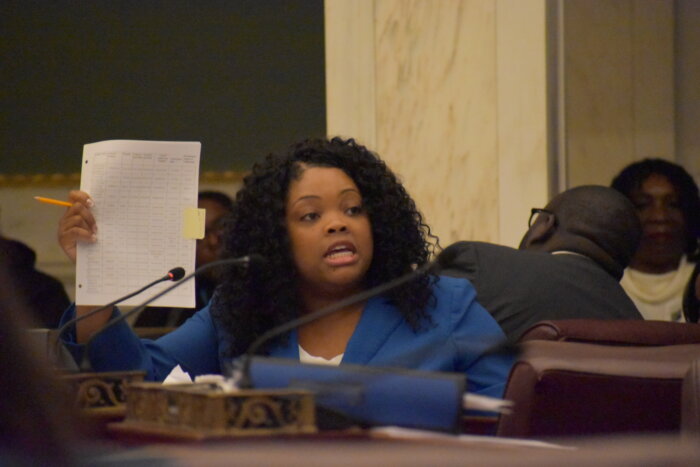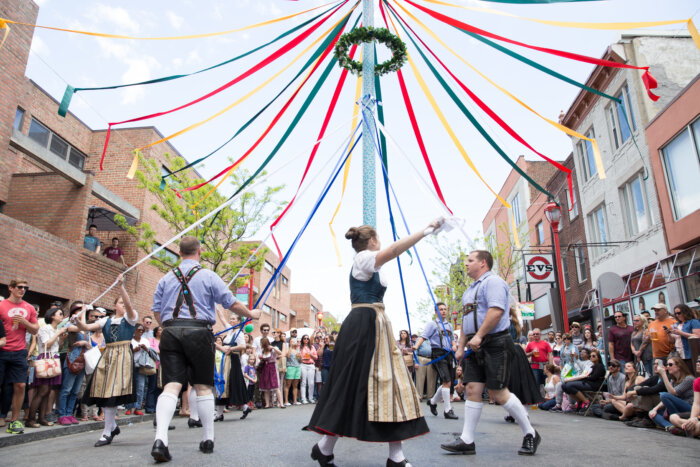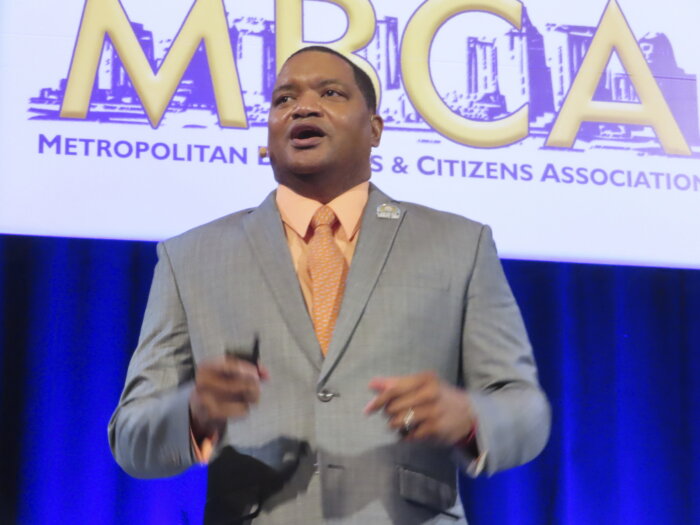Dealing with the stereotypes of urban living, particularly crime as a part of life, comes with the territory for college students at schools in Philadelphia.
Just ask students like Arielle Diamond, a Penn senior history major from New Jersey, who said that while some students at Penn are afraid to go too deep into the city, the university has educated the student population on how to avoid trouble off-campus.
“It’s the same as with any city,” she said. “You need to be cautious and safe.”
Philadelphia’s arguably two most identifiable colleges rank high on a new list of America’s most dangerous campuses. The Daily Beast reported this month that Penn and Temple rank 15th and 16th, respectively, in a tally of the last three years of crime at 458 universities.
The universities say student security remains a top priority.
“Penn’s Division of Public Safety delivers safety and security services through highly trained personnel, including a nationally accredited 116-member police department,” said Maureen Rush, Penn’s vice president for Public Safety. Emergency notifications come as text messages and e-mails.
“Safety of our students and staff is our highest priority. Temple’s police … are equipped, trained and as technologically advanced as their city counterparts,” Temple spokeswoman Eryn Jelesiewicz said.
Categories of crime change
Like all higher education institutions that have had to report to the federal government crime statistics annually, Temple University has dealt with many changes to the way certain crimes are categorized.
The changes have made some crimes rise or fall rather drastically, university spokeswoman Eryn Jelesiewicz said yesterday.
“Over the past five years, the classifications of burglary and theft … have changed twice,” she said in an email. “In 2005, new definitions meant that more thefts would be classified as burglaries, which are a more serious offense. … This dramatically reduced burglaries at Temple in 2009 from 124 incidents to 17.”










